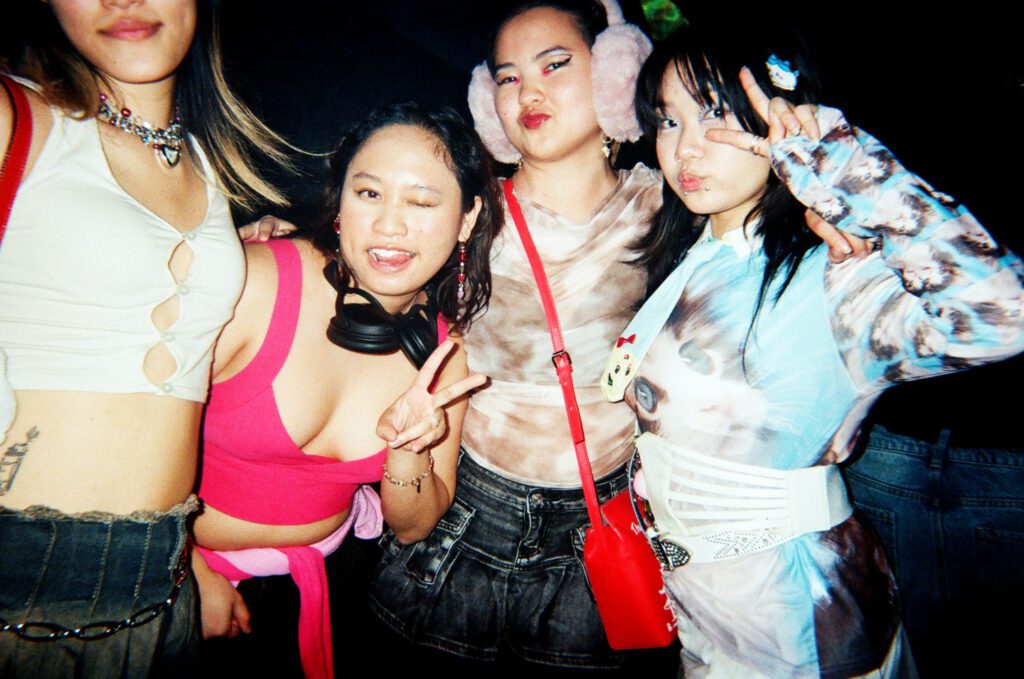
By Cady Siregar
BIAS.
By Cady Siregar
Since then, the two co-founders have hosted dozens of K-pop-centered fêtes, taking over beloved Brooklyn venues like Mood Ring and Market Hotel. A standard night out at BIAS involves local DJs putting their own remix flair on K-pop classics — like BIGBANG’s “Haru Haru” and Girls Generations’ “Oh!” — serving face, and a unique segment Kim and KA WAI have titled “Fandom Dances,” where they invite partygoers to show off the countless K-pop dances they’ve learned in their bedrooms on the dance floor. Beyond their original motivation, the party has transformed into a celebration of joy, love, Asian diaspora, and queerness. “I see familiar faces all the time and they end up becoming friends with each other and me,” Kim tells The FADER. “It does feel like a real sense of community that we’re able to build organically.”
On January 10, Kim and KA WAI hosted their biggest party yet at Brooklyn’s massive three-room venue Elsewhere to mark BIAS’s second anniversary. Having already hosted events in Vietnam and South Korea the organizers are now eyeing big plans to bring the event back to Southeast Asia and beyond. Ahead, The FADER went boots-on-the-ground to capture everything we saw and spoke to Kim — who also re-debuted their new K-pop group KHSS —about their favorite memories from BIAS, and their journey to where they are now.
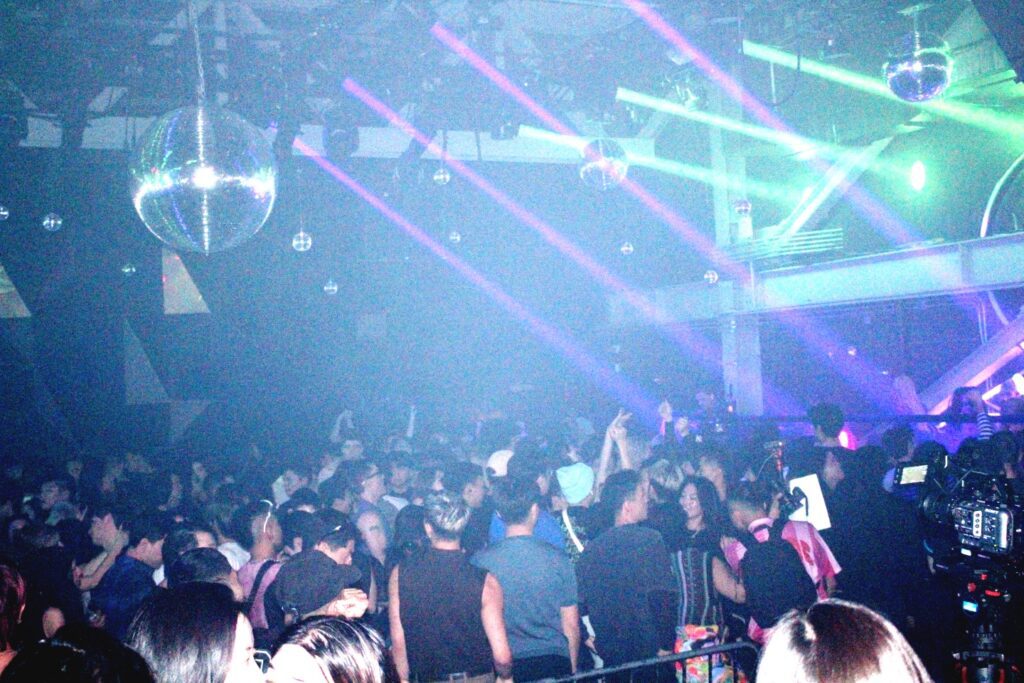
SAMMY KIM: “I know the first thing that me and [KA WAI] agreed on is that we want to do a K-pop party where it’s not just the raw K-pop songs. It’s remixes to K-pop songs that we enjoy because we wanted to add our own flair to it and expand on what we, as K-pop listeners and lovers, love about K-pop.
“Being from Brooklyn, I think we just kind of have an extra grit, rawness. Kind of like an alt grunginess maybe, and we wanted that to be imbued into the style of our party.”
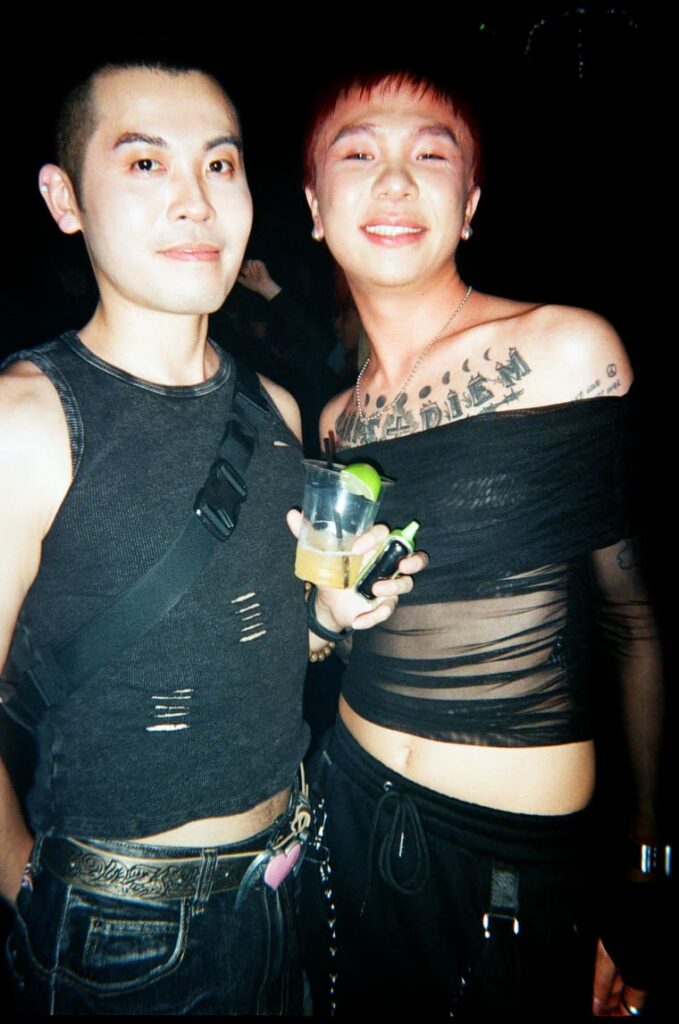
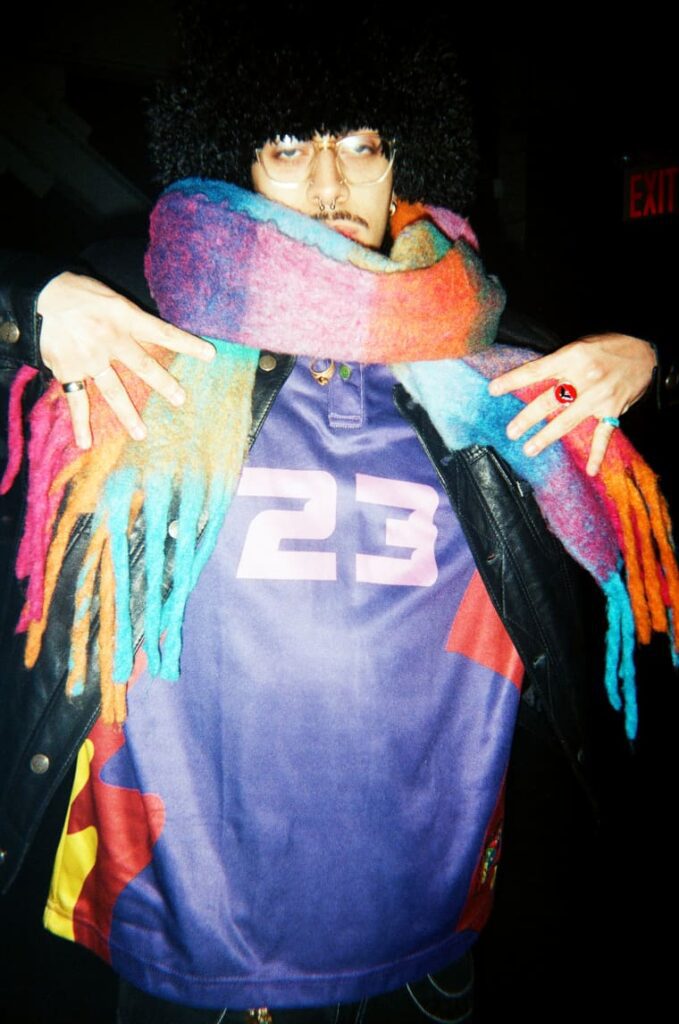
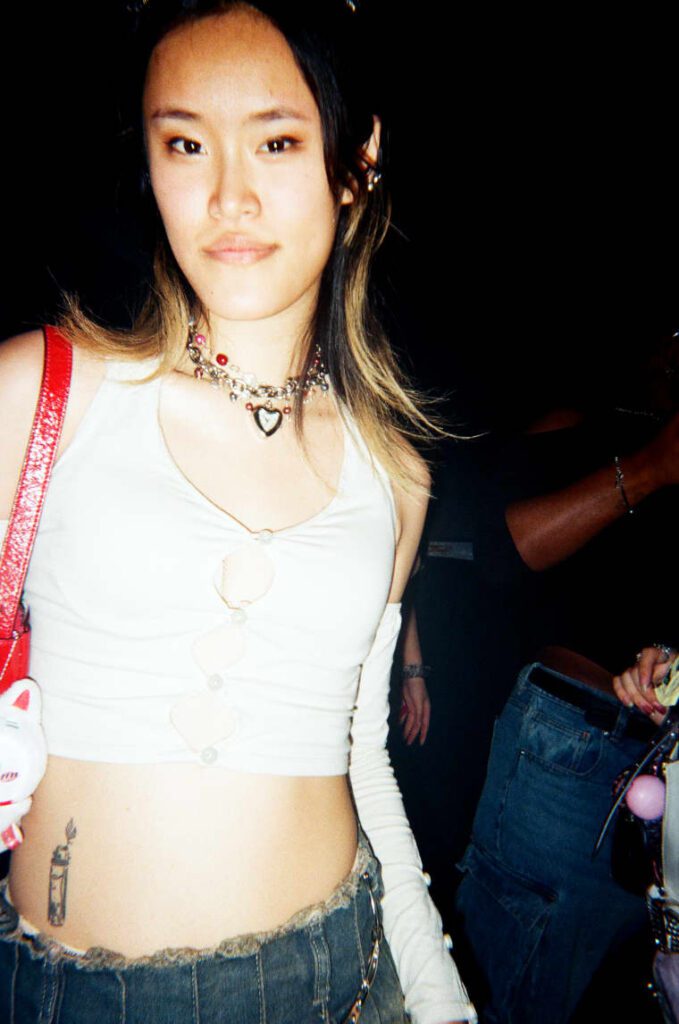
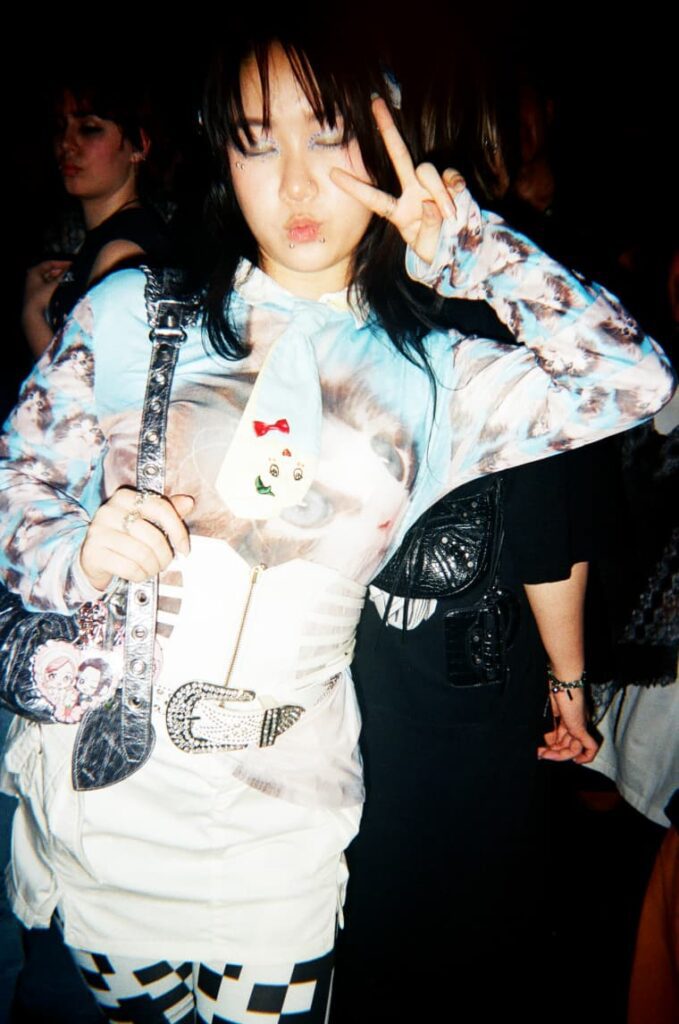
KIM: “I want K-pop to be a space where we can deconstruct industry norms and standards and project our own feelings and desires onto K-pop. For a lot of queer people, and young people, it’s been a space for us to project our own feelings or fantasies of being divas, performers. A lot of friends have told me that K-pop helped their queer awakening. Queer people love performance. It’s a space for us to see people expressing themselves.”
“We wanted to add our own flair to it and expand on what we, as K-pop listeners and lovers, love about K-pop.”
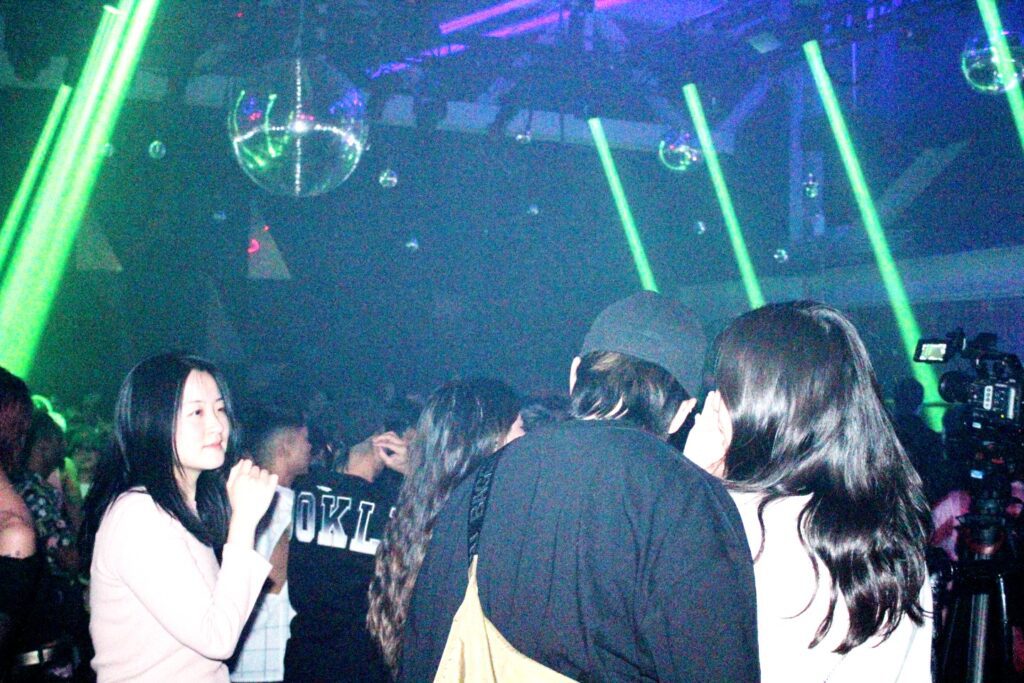
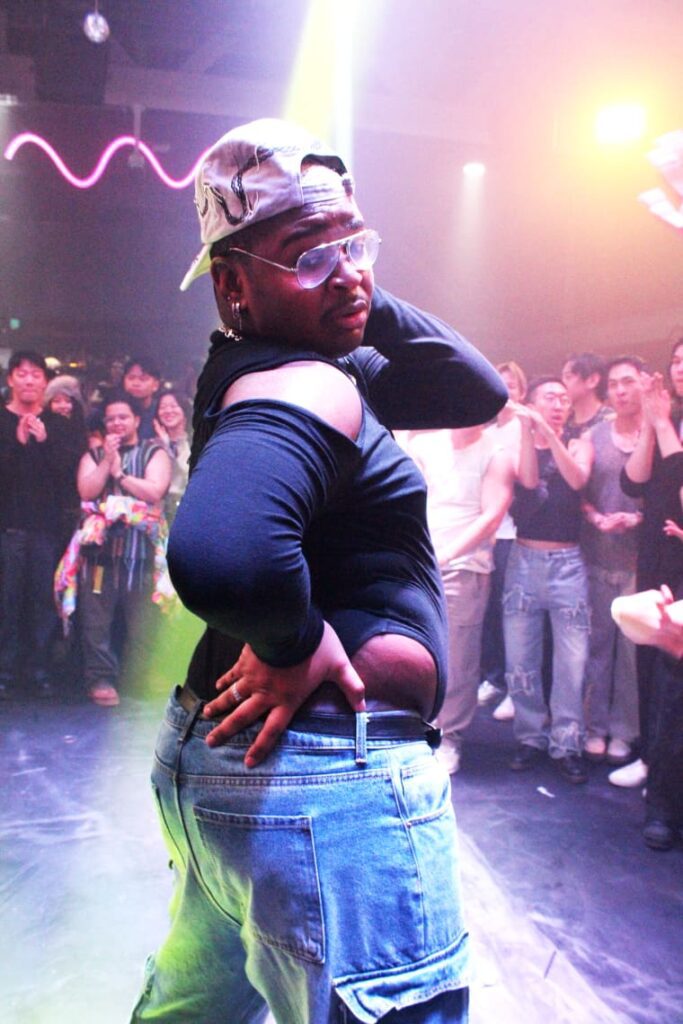
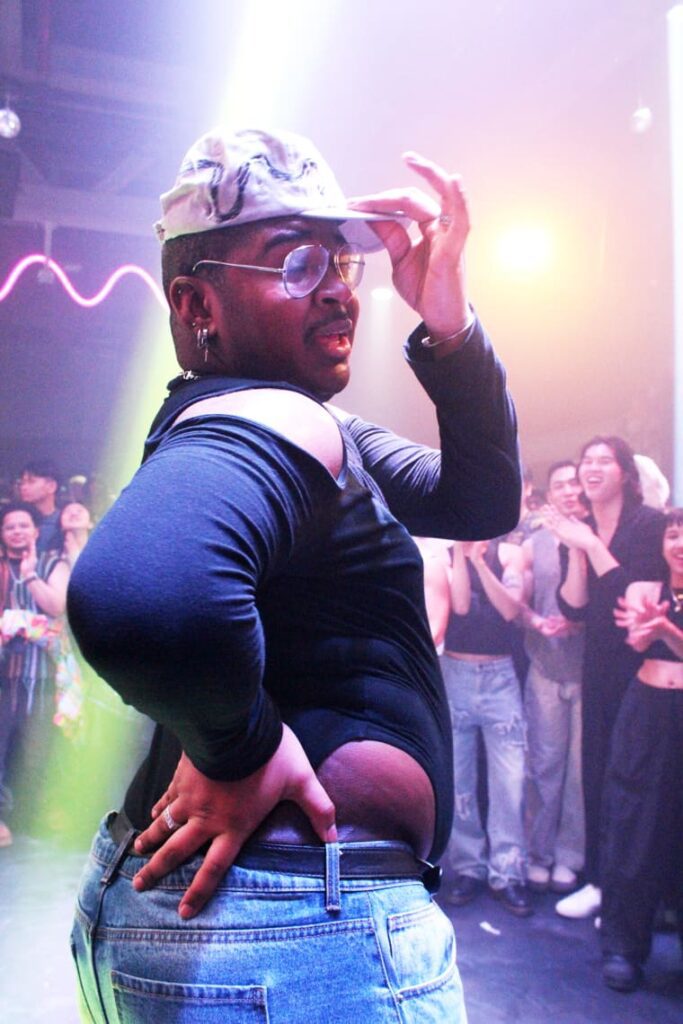
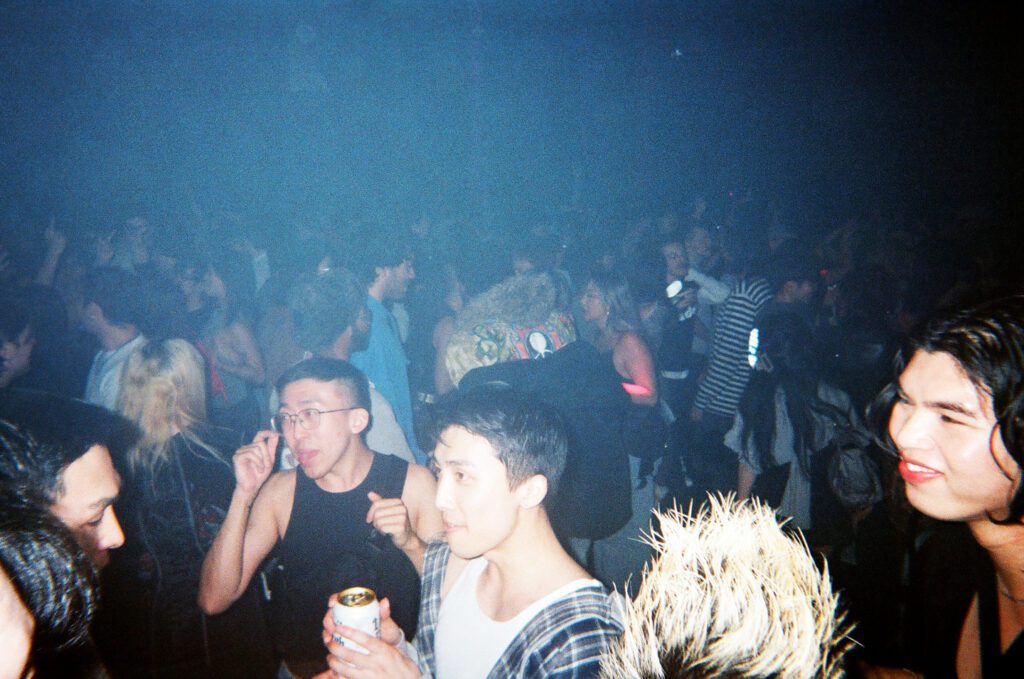
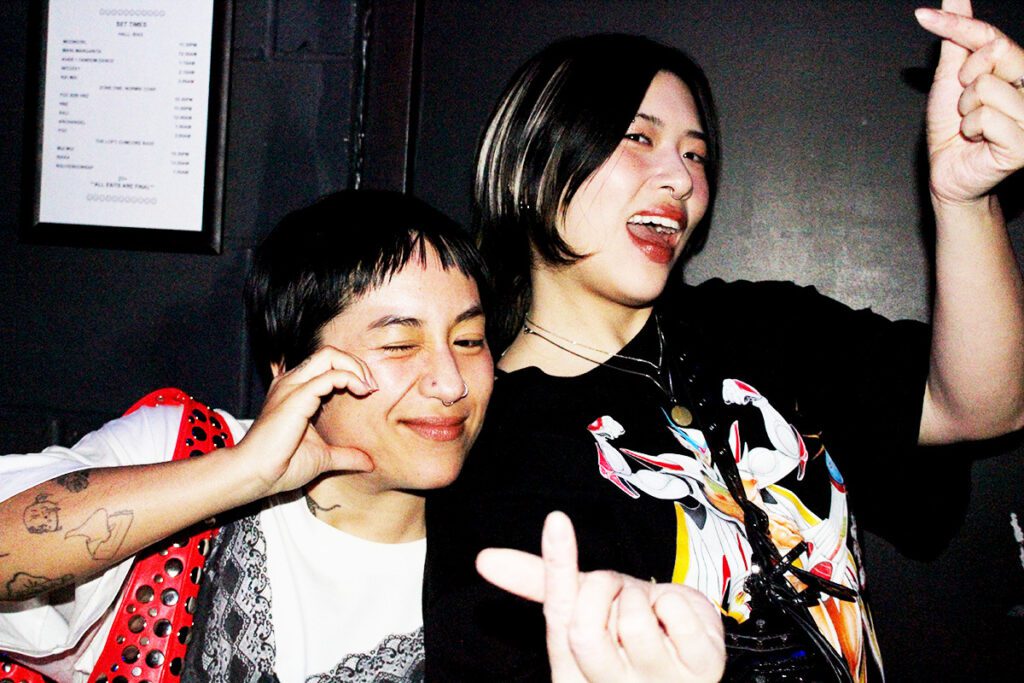
“A lot of friends have told me that K-pop helped their queer awakening. Queer people love performance.”
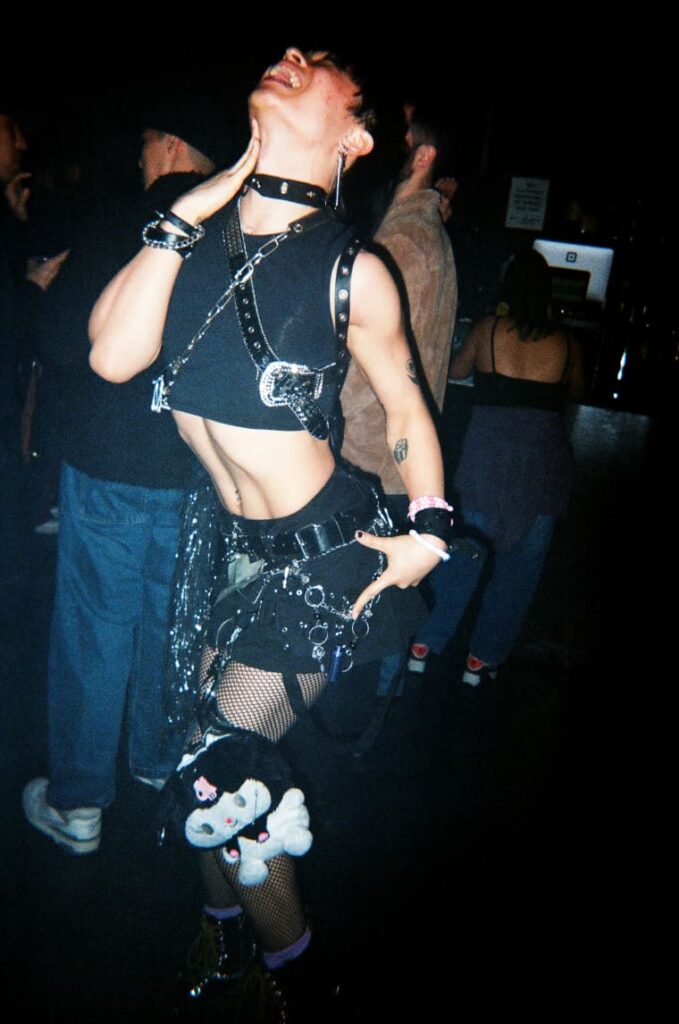
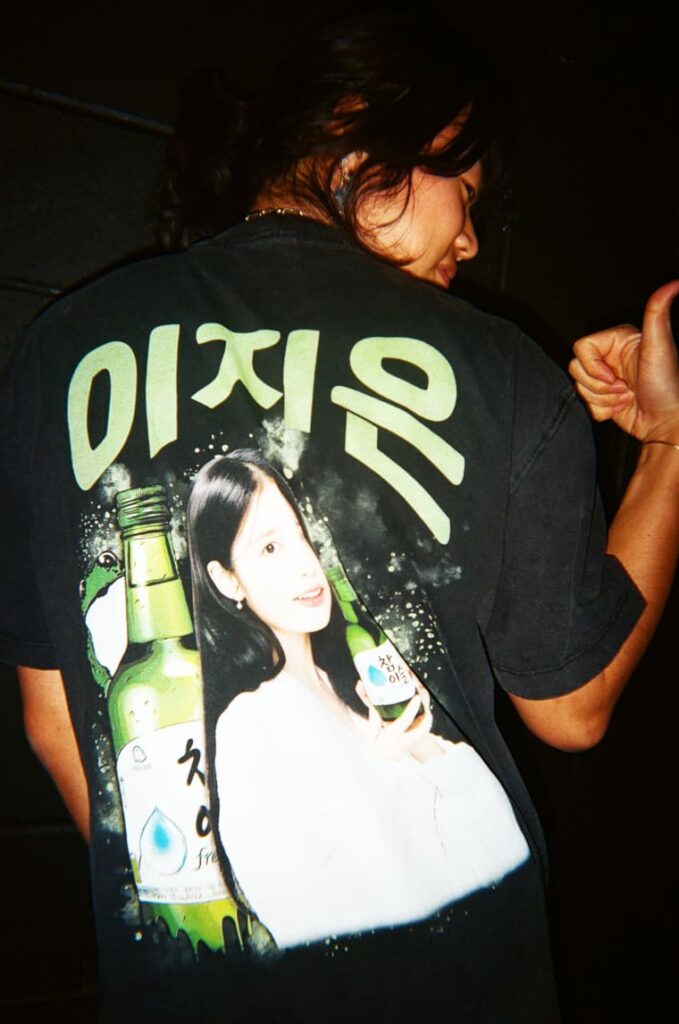
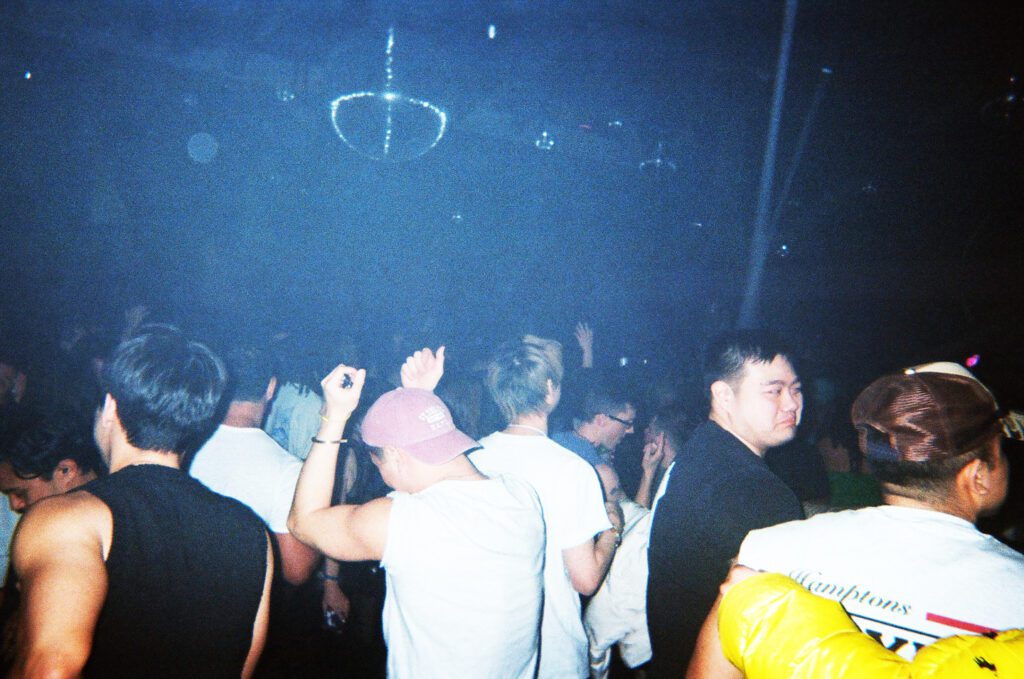
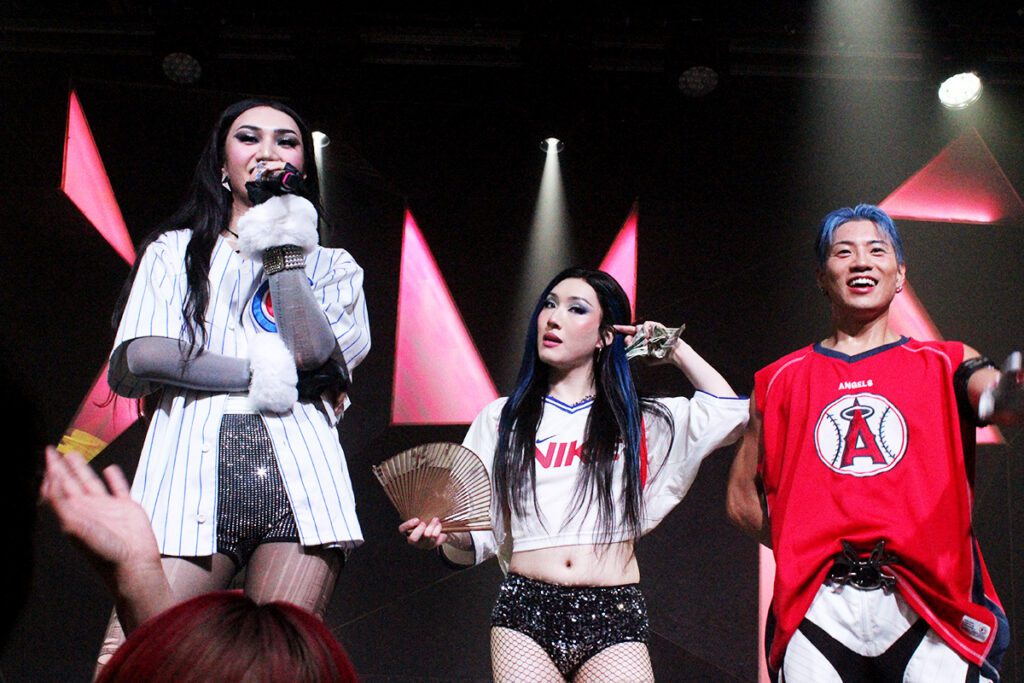
KIM: “By just pursuing what we’re interested in through K-pop and dance music, we’ve [been able] to create a space to congregate and celebrate and geek out and live our crazy fantasy of loving K-pop. For me, even with my dance group [KHSS], [we had] this silly delusional performance group of finally being like, yeah, like we’re K-pop stars!”
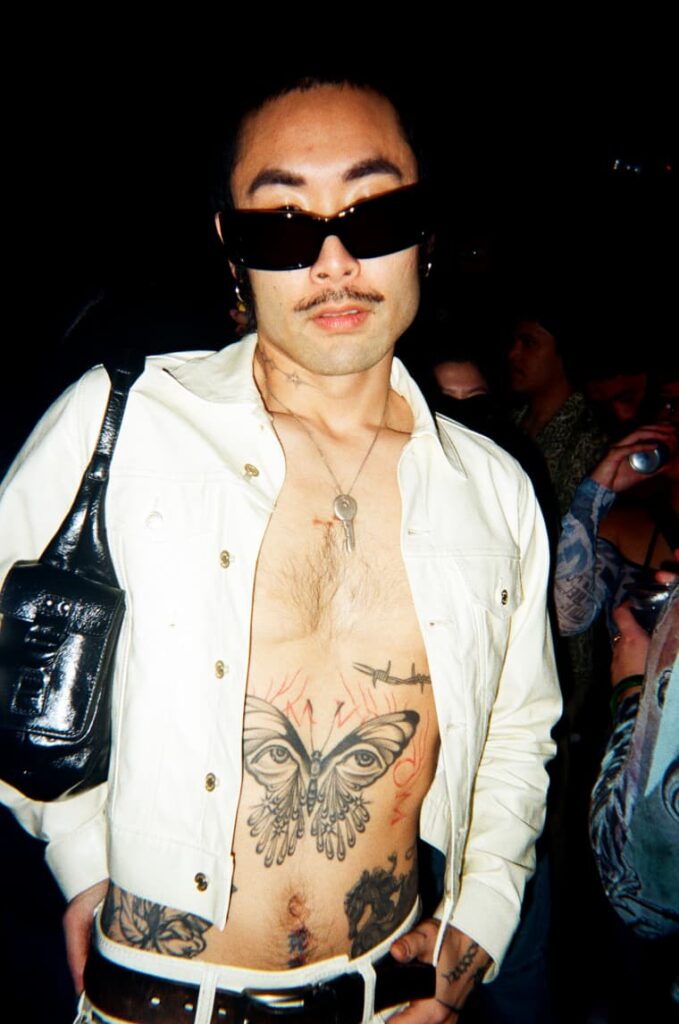
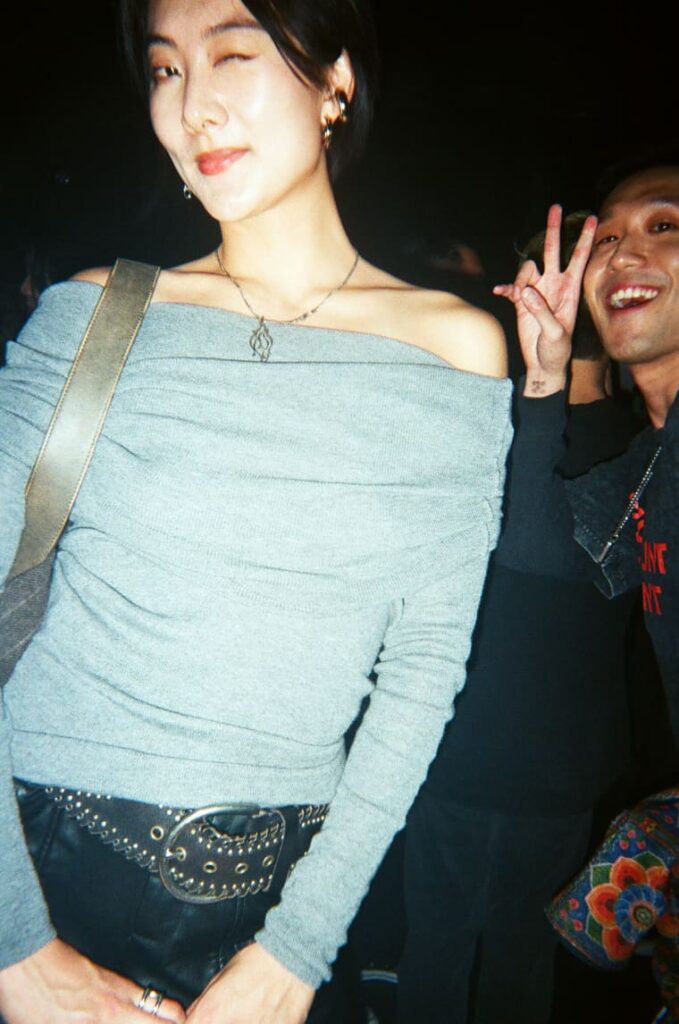
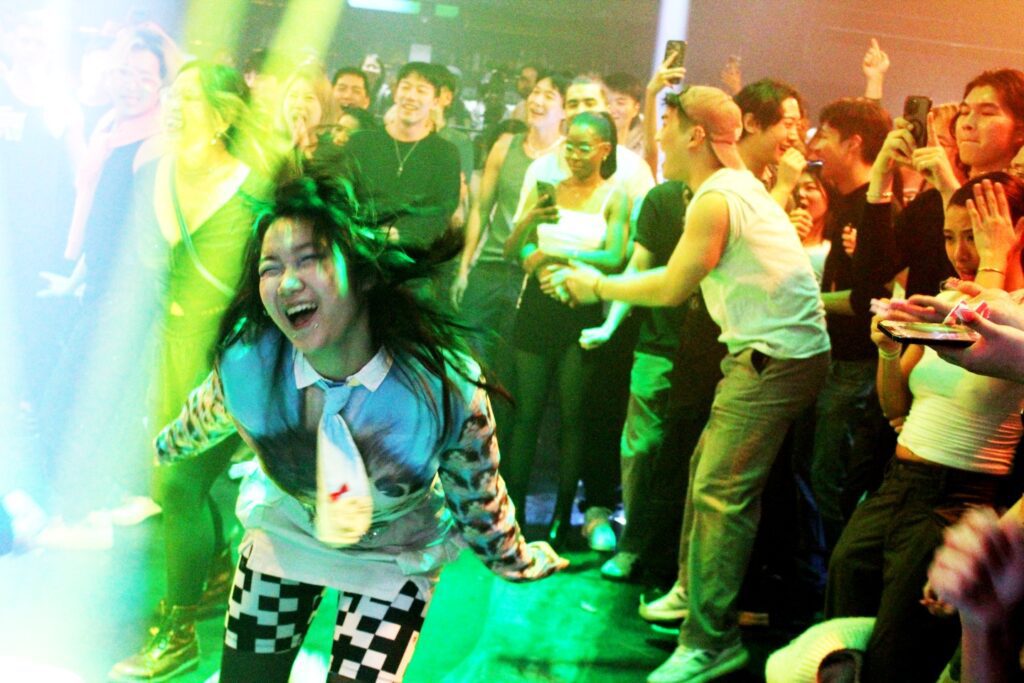
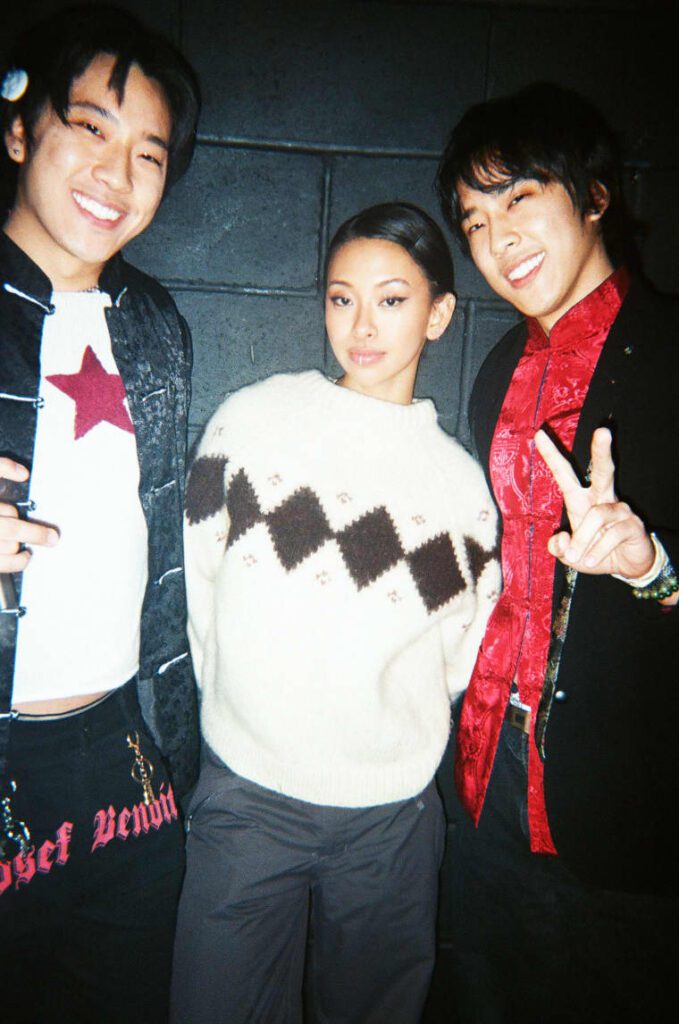
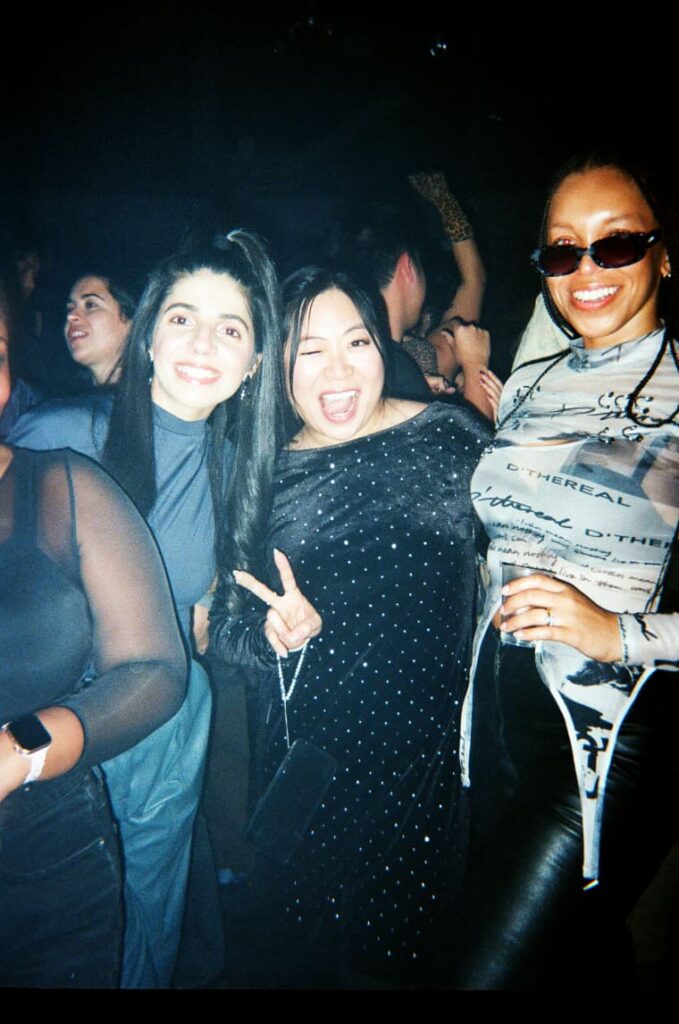
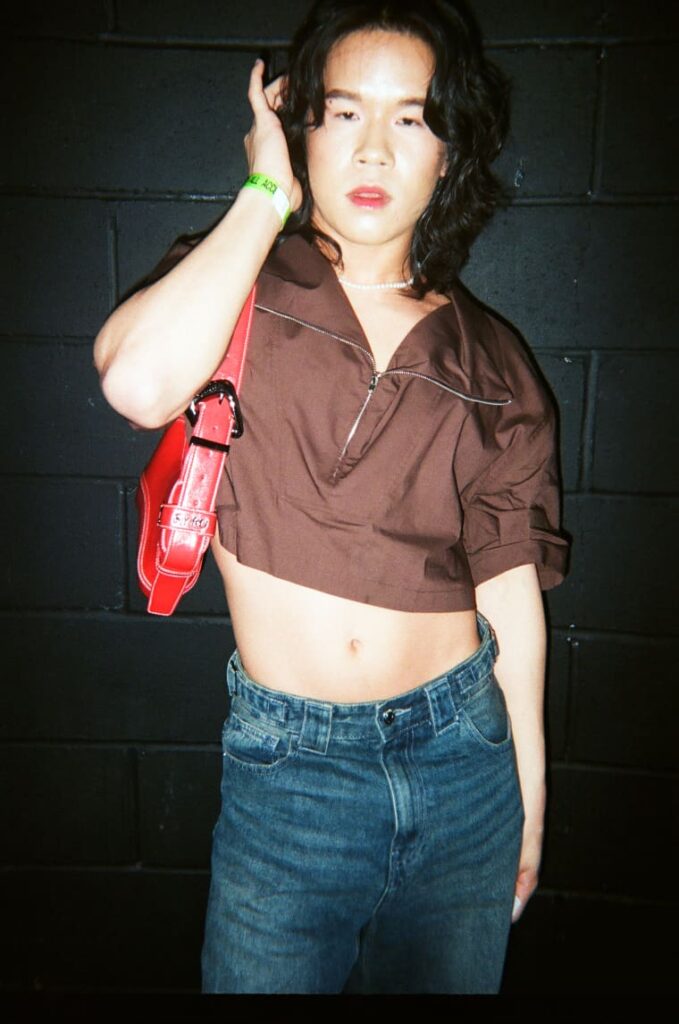
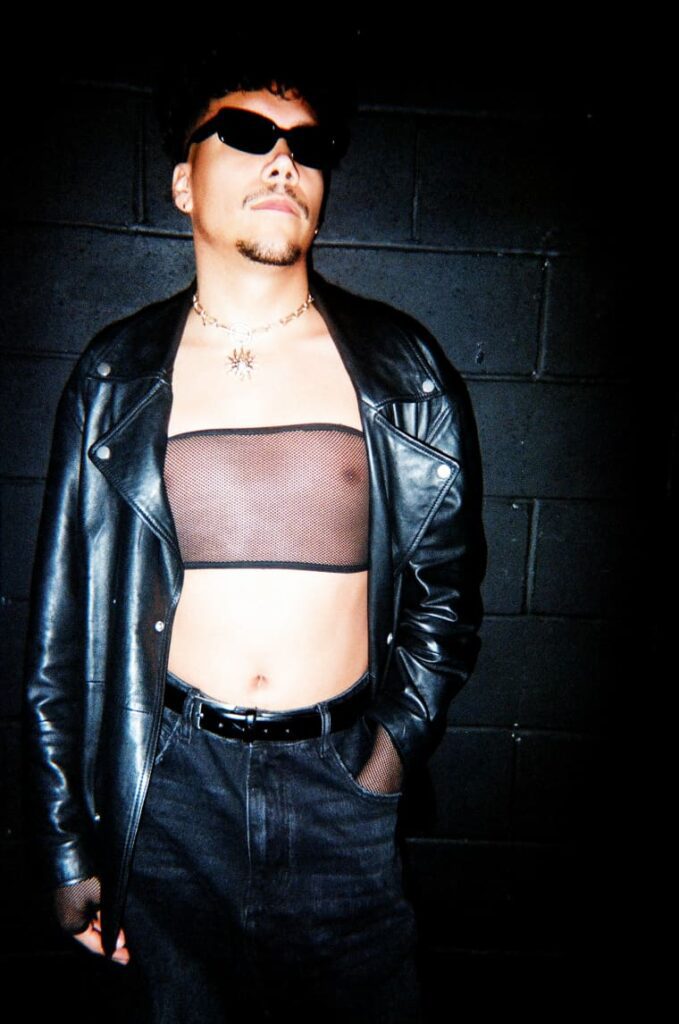
KIM: “At the end of the party, when all the duties are done, I get to completely let myself loose on the dance floor and be part of this community and geek out with everybody and dance hard and sing at the top of my lungs and exchange smiles with people over songs that we love. It’s so fulfilling for me.”
